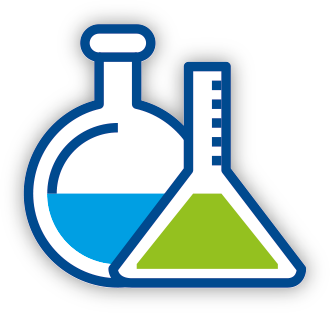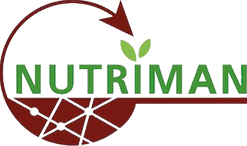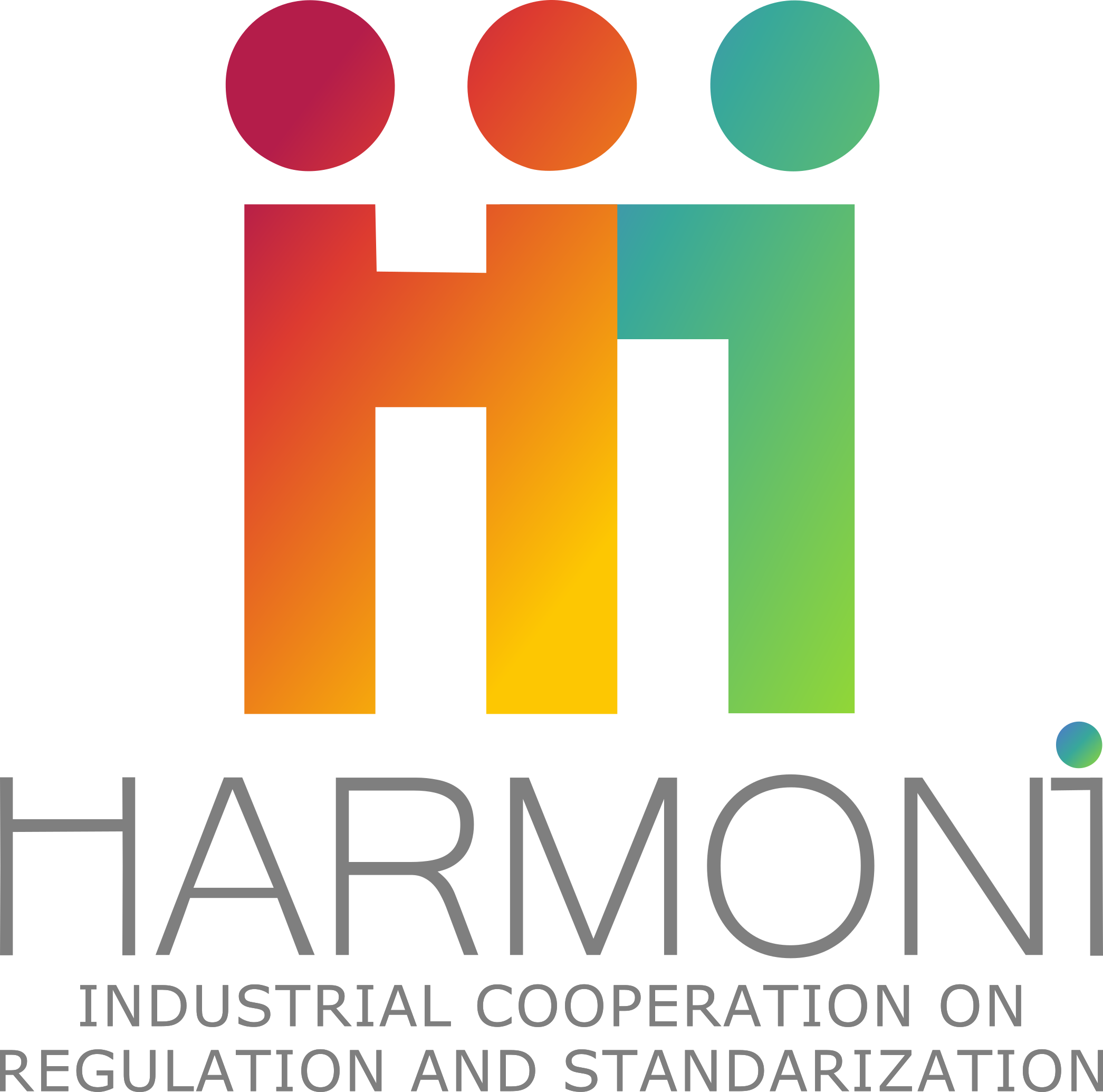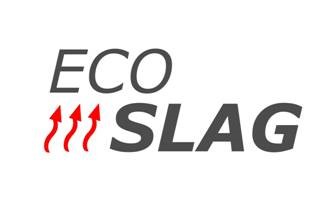Zukunft beginnt
mit Forschung.
Praxisorientierte Forschung auf höchstem Niveau hat im FEhS-Institut Tradition. Unsere Experten und Labore, die fachübergreifende Teamarbeit sowie unser weit verzweigtes Netzwerk aus Industrie, Behörden und Universitäten machen uns zu begehrten Partnern bei internationalen Forschungsprojekten.
Wir stellen Ihnen im Folgenden eine aktuelle Auswahl vor.

NUTRIMAN – THEMATISCHES NETZWERK FÜR NÄHRSTOFFMANAGEMENT UND NÄHRSTOFFRÜCKGEWINNUNG
NUTRIMAN ist ein thematisches Netzwerk für Stickstoff und Phosphor, das Wissen über Anwendungen, Praktiken und Technologien von rückgewonnenen biobasierten Düngemittelprodukten sammelt. Die wettbewerbsfähigen und kommerziell “praxisreifen” innovativen Ergebnisse aus hoch ausgereiften, angewandten wissenschaftlichen Programmen und der allgemeinen industriellen Praxis sollen zum Nutzen der Landwirte miteinander verbunden werden.
Die Agrar- und Ernährungswirtschaft ist in ihrer Produktion stark von den Ressourcen abhängig und strebt nach langfristiger Nachhaltigkeit. In diesem Zusammenhang ist es dringend erforderlich, die Ressourcennutzung zu optimieren und den Übergang zu einer wissensbasierten Landwirtschaft zu erleichtern. Daher ist es unerlässlich, Wissen und Informationen über die unzureichend genutzten Innovationen zur N/P-Verwertung (Technologien, Produkte, Praktiken) an die Landwirte weiterzugeben.
Ziel von NUTRIMAN ist es, die Nutzung der praxisreifen Fälle von N/P-Nährstoffmanagement/-rückgewinnungspotenzial zu verbessern, die den Praktikern noch nicht ausreichend bekannt sind. Unsere Maßnahmen werden den Landwirten neue Möglichkeiten bieten, Verbindungen zwischen angewandter Forschung mit hoher Forschungsreife mit für die Praxis nützlichen und kommerziell verfügbaren Ergebnissen herzustellen. Dabei werden marktkonforme Wettbewerbsbedingungen unter Berücksichtigung der landwirtschaftlichen Praxis schwerpunktmäßig im Bereich von Nährstoffmanagement und Nährstoffrückgewinnung berücksichtigt.
NUTRIMAN verfolgt einen Bottom-up-Ansatz, um Anreize und Engpässe für die Akzeptanz zu identifizieren und Technologien/Produkte zu priorisieren, was eine größere Bereitschaft zur Nutzung von Innovationen gewährleisten und die Multiplikatoreffekten verbessert. Das Projekt zielt auf eine groß angelegte Aufnahme der rückgewonnenen innovativen N/P-Düngemittel ab, die aus ungenutzten Ressourcen an organischen oder sekundären Rohstoffen im Einklang mit dem Kreislaufwirtschaftsmodell hergestellt werden, die von den Landwirten sowohl unter wirtschaftlichen als auch unter ökologischen Gesichtspunkten effizient genutzt werden können.
Die Ergebnisse des NUTRIMAN-Projekts werden über eine mehrsprachige Webplattform, (http://www.nutriman.net/) mehrsprachige Abstracts im EIP-AGRI-Format und praktische Vorführungen für Landwirte wirksam verbreitet und genutzt. Dadurch trägt diese Vorgehensweise zur erfolgreichen Nutzung des riesigen Reservoirs an bestehenden, ausgereiften Forschungsergebnissen bei, die bereits ein vollständiges industrielles und marktkonformes kommerzielles Niveau beim Thema N/P-Recovery erreicht haben.
Website: http://www.nutriman.net/
Coordinated by: Terra Humana
Project coordinator: Edward Someus
Project contact at FEhS-Institut für Bausstoff-Forschung e.V.: Dr. Uwe Pihl
Duration: October 2018 to March 2021
Funding program: European Union’s Horizon 2020
Grant agreement no.: 818470
EINLADUNG: NUTRIMAN-Newsletter zum Thema Nährstoffmanagement und Stickstoff- / Phosphornährstoffrückgewinnung: https://nutriman.net/subscribe


This project has received funding from the European Union’s Horizon 2020 research and innovation programme under grant agreement No 818470.
CHROMIC
By smart combinations of existing methods and new technological innovations, CHROMIC will develop new processes to recover chromium, vanadium, molybdenum and niobium from industrial slags (ferrous slags and FeCr slags). A range of chemical and physical methods will be developed, tested and validated to extract valuable and critical metals from the initial slags in the most sustainable way: economically, environmentally and socially.
- Project title: effiCient mineral processing and Hydrometallurgical RecOvery of by-product Metals from low-grade metal contaIning seCondary raw materials
- Project acronym: CHROMIC
- Website: www.chromic.eu
- Coordinated by: VITO
- Project coordinator: Liesbeth Horckmans, PhD
- Project contact at FEhS – Building Materials Institute: Agnieszka Morillon, PhD
- Duration: November 2016 to October 2020
- Funding program: European Union’s Horizon 2020
- Grant agreement no.: 730471


This project has received funding from the European Union’s Horizon 2020 research and innovation programme under grant agreement No 730471.
HARMONI
HARMONI aims at bringing together all the relevant stakeholders of the process industry to jointly identify, analyse and propose solutions to the regulatory bottlenecks and standardisation needs that hamper their innovation processes and the market uptake of their results, necessary to move towards a more sustainable and competitive European process industry.
- Project title: Harmonised assessment of regulatory bottlenecks and standardisation needs for the process industry
- Project acronym: HARMONI
- Website: www.spire2030.eu/HARMONI
- Coordinated by: CIRCE
- Project coordinator: Ignacio Martin
- Project contact at FEhS – Building Materials Institute: Agnieszka Morillon, PhD
- Duration: August 2017 to October 2019
- Funding program: European Union’s Horizon 2020
- Grant agreement no.: 768755


This project has received funding from the European Union’s Horizon 2020 research and innovation programme under grant agreement No 768755.
ECOSLAG
The ECOSLAG project aim is to find a technical solution for the whole process of heat recovery from steelmaking slag while producing a high-quality slag product for external or process internal utilization. While different heat recovery devices are being tested on the market, the internal transportation, storage of slag and final use of the recovered heat need to be sorted out for the process to be successful. The project covers the common steelmaking slags from Electric Arc Furnace, Blast Oxygen Furnace and Ladle Furnace.
- Project title: Eco-friendly steelmaking slag solidification with energy recovery to produce a high quality slag product for a sustainable recycling
- Project acronym: ECOSLAG
- Coordinated by: FEhS-Institute
- Project coordinator: David Algermissen
- Project contact at FEhS – Building Materials Institute: info@ecoslag.eu
- Duration: June 2018 to Mai 2022
- Funding program: Research Fund for Coal and Steel (RFCS) European Commission
- Grant agreement no.: 800762


This project has received funding from the Research Fund for Coal and Steel (RFCS) European Commission under grant agreement No. 800762.
REUSTEEL
The REUSTEEL project aims at extensively disseminate and valorize important research results on the reuse and recycling of by-products, based on an integrated critical analysis of a long list of EU-funded projects, in order to promote the exploitation of the results and increase the synergies with other industrial sectors. This analysis will also aim at identifying the most urgent needing and ambitions of the EU steel sector, to define a sequence of future research topics in this field and to highlight eventual non- technical showstoppers. Common actions will be identified in order to overcome or smooth the existing obstacles and to pave the way to research and implementation of innovative solutions. The target is the wider improvement of by-products reuse and recycling, which can be developed in the future years.
- Project title: Dissemination of results of the European projects dealing with reuse and recycling of by-products in the Steel sector
- Project acronym: REUSTEEL
- Coordinated by: SSSA
- Project coordinator: Valentina Cola
- Project contact at FEhS – Building Materials Institute: David Algermissen
- Duration: June 2019 to November 2022
- Funding program: Research Fund for Coal and Steel (RFCS) European Commission
- Grant agreement no.: 839227

This project has received funding from the Research Fund for Coal and Steel (RFCS) European Commission under grant agreement No 839227.
